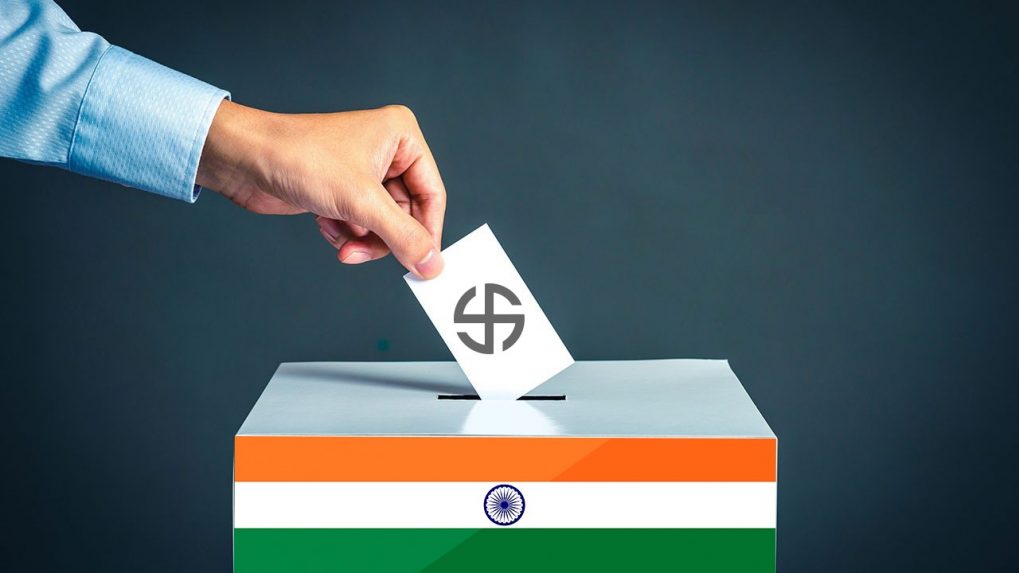New Delhi: The Law Commission may submit its report on simultaneous polls to the government next week in which it could recommend adding a new chapter to the Constitution on ‘one nation, one election’ and holding the gigantic democratic exercise for Lok Sabha, state assemblies and local bodies across the country by mid-2029.
According to sources, the Commission, under Justice (retd) Ritu Raj Awasthi, would recommend an amendment to the Constitution to add the “new chapter or part” on simultaneous elections.
The panel would also recommend synchronising the terms of legislative assemblies in “three phases” in the next five years so that the first simultaneous polls could be held in May-June 2029 when elections for the 19th Lok Sabha are due, they said.
The new chapter in the Constitution would include issues related to “simultaneous election”, “sustainability of simultaneous elections” and “common electoral roll” for Lok Sabha, state legislative assemblies, panchayats and municipalities so that the three-tier simultaneous polls could be held together “in one go”, the sources explained.
The new chapter being recommended will have power of non-extant” to override other provisions in the Constitution dealing with terms of assemblies.
The five-year period in which the terms of assemblies will be synchronised will be spread over three phases. The Commission would recommend that the first phase may deal with state assemblies whose period will have to be curtailed by a few months — three or six months.
In case a government falls due to no confidence or if there is a hung House, the Commission would recommend constitution of a “unity government” with representatives from various political parties.
In case the unity government formula does not work, the law panel would recommend holding fresh elections for the remainder of the term of the House.
“Suppose fresh elections are called for and the government still has three years, then polls should be for the remainder of the term — three years — to ensure sustainability,” a source explained.
Besides the Law Commission, a high-level committee under former president Ram Nath Kovind is also working on a report on how simultaneous polls to the Lok Sabha, state legislative assemblies, municipalities and panchayats can be held by tweaking the Constitution and the existing legal framework.
It is likely to incorporate recommendation of the law panel in its report.
Along with the upcoming Lok Sabha polls, expected in April-May this year, elections for at least four assemblies are likely to take place, while state polls for Maharashtra, Haryana and Jharkhand are expected later this year.
Bihar and Delhi are scheduled for assembly polls next year, while Assam, West Bengal, Tamil Nadu, Puducherry and Kerala are scheduled for 2026, and Uttar Pradesh, Uttarakhand, Punjab and Manipur in 2027.
As many as nine states may have assembly polls scheduled for 2028 — Tripura, Meghalaya, Nagaland, Karnataka, Mizoram, Chhattisgarh, Madhya Pradesh, Rajasthan and Telangana.
PTI
